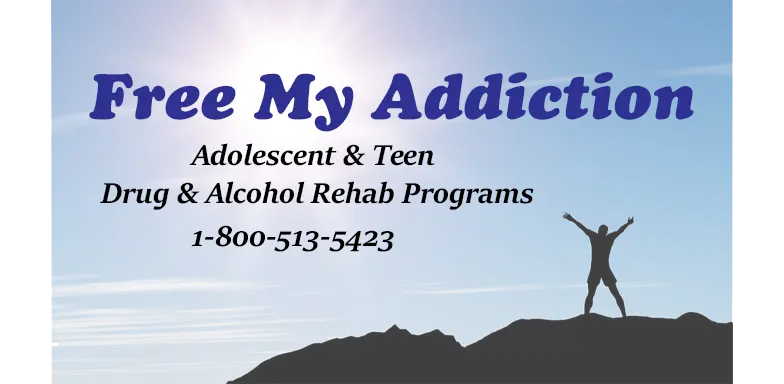Inhalants

Teen Inhalant Use
Call now for 24/7 services. 100% confidential. Insurance accepted.
What is “huffing” and what does it do?
Inhalant sniffing, or “huffing” is the act of inhaling chemicals in order to get high. This has become a common practice among many teenagers. Huffing is usually done by soaking a cloth or rag in your everyday household products, such as glue, cleaning products, or paint, and then holding it up to your nose or mouth. Inhalants are volatile substances that produce chemical vapors that can be inhaled to induce a psychoactive, or mind-altering, effect similar to the effects of alcohol.
Inhalants are legal, products such as spray paints, felt-tip markers, glue, and gasoline that are usually easy to find. The age where inhalant abuse typically starts is around age 14 to 15. Huffing has been seen in children as young as 5 to 6 years of age. In many cases, the huffing disorder will decline by 17 to 19 years of age. However, sometimes inhalant abuse can continue into long adulthood.
If you suspect your teen is using inhalants to get high give us a call and we can help point you in the right direction. We can help you locate e a treatment center for your son or daughter who is huffing products to get high. We can also help you locate local counselors in your area. This is a 24-hour service.
Signs of Inhalent Use
Recognizing the signs of inhalant abuse may be difficult. Teenagers who use inhalants may have chapped lips or faces, a chemical smell on their breath or body, a runny nose, or bloodshot eyes, and paint stains on their hands and clothes. Teens do not understand the risks they are taking. They usually begin huffing for the “experience”, to alter their state of mind or due to peer pressure and then may not fully understand how dangerous this can be. The products that teenagers get high from are typically found in the average home or garage and are legally sold every day.
Listed below are some of the effects of “Huffing” or “Sniffing”
- Slurred speech
- Numbness
- Tingling in the hands and feet
- Depressed reflexes
- Lack of coordination
- Dizziness
- Impaired judgment
Damage to your body due to huffing:
- Hearing loss
- Brain damage
- Central nervous system (CNS) damage
- Limb spasms
- Damage to the bone marrow
Some products can be deadly if you huff them. Sudden Sniffing Death Syndrome consists of a heart attack in an otherwise healthy young person. The heart beats so erratically due to the influence of the inhaled chemical that it simply stops working altogether. The teen dies of cardiac arrest after even one use of an inhalant. Generally, this type of death is related to specific inhalants more than others, including:
- Air conditioning coolant
- Some aerosols
- Butane
- Propane
The 2004 Monitoring the Future (MTF) survey showed that inhalant use (“huffing”) is rising among American teenage students, particularly 8th graders. The results, released in December 2004, showed that 9.6% of 8th graders used inhalants in 2004, up from 7.7% in 2002 and 8.7% in 2003. Inhalant use was also up slightly among 10th and 12th graders in 2004. Findings from the latest MTF will be released in late December 2005, and researchers are anxious to see if the trend holds.
“These increases are disturbing because they come after a long period of decline in inhalant use by students in all three grades,” says Lloyd D. Johnston, a professor at the University of Michigan Institute for Social Research and principal investigator of the MTF since it began in 1975. “We are concerned that the use of this class of drugs may be about to rebound.” Source
If you need assistance in locating a drug rehab center in your area for teens, call us now.
If you need help for an adult in your life Addiction No More is a locator service for treatment programs for adults.


